08:20, July 30, 2023
“Woodcutter, Woodcutter! The old Woodcutter/ His cold song calls me back/ In this wandering life, luckily I still have a gourd of wine/ To be friends with you in the mountains and streams (...) There is still a sky of drifting clouds for me/ The moon still shines brightly on my face/ Tomorrow you will go back to the hill to chop wood/ I will return to the forest to sleep soundly on a stone pillow” (Playful poem).
Those were the last verses of poetry that Hoang Phu Ngoc Tuong read while drinking with friends and staying up to watch the World Cup on the fateful night of June 14, 1998, before he suffered a stroke. In the years that followed, on his hospital bed, he could still write poems and read them out to his family, but he no longer had that soul-stirring voice. And, 25 years later, on July 24, 2023, he "returned to the forest and slept soundly on a stone pillow", an eternal sleep...
In modern literature, Hoang Phu Ngoc Tuong is not the first in quantity, but he is the first in quality. He only had time to attach his name to 20 works, but he is the most talented writer, next to Nguyen Tuan.
 |
| Writer Hoang Phu Ngoc Tuong. Photo: Le Duc Duc |
As a writer, he is not the only one, but certainly the number one, the one who writes the most and best about the climate, land, mountains, rivers, nature and people of Hue. It seems that the words he writes are always condensed to the point of being filled with the essence of Hue. He focuses his pen on the Perfume River and Ngu Mountain (Lots of Fires, Who Named the River, Sad Epic, Fragrant Grass Region, Fruits Around Me, Tuyet Tinh Coc, The House of the Wanderers), and sometimes his pen reaches far to Con Son, to his old hometown Quang Tri (Green Childhood, Corridor of People and Wind), up to the top of Bach Ma (Illusionary Mountain), or the hardships, joys and sorrows in his memories of a time in the mountains and forests of the war zone (My Old Diem, Dragonfly Ly, Forest Life, Laughing Forest), but all are closely linked to the space, trees and consciousness of the people of Hue. He not only expressed a huge reserve of knowledge about culture and human life, not only enlightenment but also humanistic enlightenment, the ability to build symbols, mythologize plants and flowers, giving them eternal spiritual life with humanity. Hoang Phu's literary "genus" belongs to the heart, about worldly pain, immense sadness and long sleep through many lives. He did talk about joy, but joy is very short, only stopping in the idea, or suddenly flashing like a joy and then quickly fading away in the eternal night.
Rarely is there a generation/friendship as deep as the talents who were close friends, often visiting the House of the Wanderers: Hoang Phu Ngoc Tuong, Trinh Cong Son, Ngo Kha, Dinh Cuong, Buu Y, especially the relationship between Hoang Phu and Trinh. In addition to the memoir Like a River from Its Source to the Sea, which he wrote in the war zone in 1971, there were up to ten other memoirs written after Trinh had passed away (2001), which also meant when he fell ill due to a stroke (1998), had to lie down and dictate to his family to record and was once printed in the collection Trinh Cong Son - the Lyre of the Little Prince (2005). Not only stopping at Trinh, but through Trinh, he also sketched the portrait of an entire generation of intellectuals in the South: Ngo Kha, Tran Quang Long, Le Minh Truong, Dinh Cuong, Buu Y... Each person had a different commitment, a different turn in life, but they were all patriotic intellectuals. Even for himself, in the summer of 1966, Hoang Phu was the trigger, the leading voice in the struggle movement of intellectuals and students in the South. If the Saigon regime at that time had not declared him “outlawed” (if caught, he would be killed without trial), he would not have gone to the forest to fight. Staying in the inner city, he was also a patriotic intellectual like his friends of the same generation.
Over the past decades, there have been countless theses, master's theses and even doctoral dissertations researching him, countless works and articles by professional writers and critics who sympathize with him. (And, I suddenly think that it is time to have a complete collection, to have a look at him through public opinion!). Because, Hoang Phu has found his own literary voice, unlike anyone else. His literary voice is the spiritual essence of the Hue people, the philosophical and aesthetic system and literary destiny of his life.
Hoang Phu was not only a talented writer but also had profound knowledge in many fields of philosophy, literature, culture, history, geography, religion, biology... His descriptions of trees and fruits could be compared to any doctoral thesis in any field. Of course, from the abundance of talent and lyricism in his memoirs, Hoang Phu also wrote poetry, although not much, but his poetry could be ranked with the best authors of his time. Recently, when researching Hue literature, having the opportunity to read him again, I fully understood the simple but profound saying of the "first martial arts world" memoirist Nguyen Tuan, said nearly half a century ago: "Ky Hoang Phu Ngoc Tuong has "a lot of fire".
He passed away 18 days after his wife, poet Lam Thi My Da. That day, I, along with writers and poets Vo Que, Mai Van Hoan, Meggie Pham, and Le Vu Truong Giang, represented the Vietnam Writers Association in Hue and went to Ho Chi Minh City to attend the funeral and send off poet Lam Thi My Da to her final resting place. I saw that his health was almost exhausted, like a lamp that had run out of oil. Da Thi said: "My father is very weak! I thought my father would go first, but it was my mother..." So, his departure was foretold, not only a few dozen days ago, but also 25 years ago, when he suddenly suffered a stroke. Human destiny is very strange, everyone has a time when they have to say goodbye to this world. Every farewell is sad, even if it was clearly foretold very early, like in his case.
Now, no matter what, you have gone. Remembering the days of drinking all night long, where the “treats” were sometimes just listening to the stories you told, the poems you read, I write these lines respectfully bowing to see you off. I keep telling myself not to be sad, because everyone in life must go sooner or later, and for you, it was a peaceful walk, free from the pain of decades, but why is my heart still sad, so sad it burns, Mr. Tuong!
Pham Phu Phong
Source


![[Photo] Hanoi morning of October 1: Prolonged flooding, people wade to work](https://vphoto.vietnam.vn/thumb/1200x675/vietnam/resource/IMAGE/2025/10/1/189be28938e3493fa26b2938efa2059e)





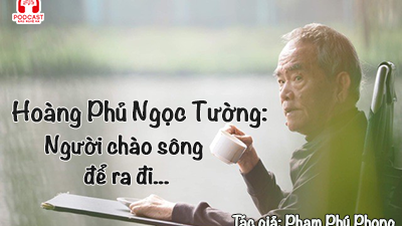

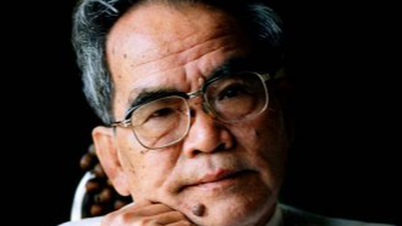





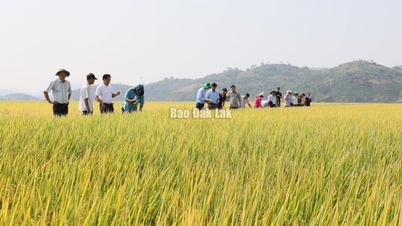









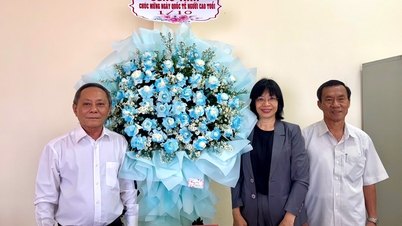
![[Photo] Panorama of the cable-stayed bridge, the final bottleneck of the Ben Luc-Long Thanh expressway](https://vphoto.vietnam.vn/thumb/1200x675/vietnam/resource/IMAGE/2025/9/30/391fdf21025541d6b2f092e49a17243f)
![[Photo] The 1st Congress of Phu Tho Provincial Party Committee, term 2025-2030](https://vphoto.vietnam.vn/thumb/1200x675/vietnam/resource/IMAGE/2025/9/30/1507da06216649bba8a1ce6251816820)
![[Photo] President Luong Cuong receives President of the Cuban National Assembly Esteban Lazo Hernandez](https://vphoto.vietnam.vn/thumb/1200x675/vietnam/resource/IMAGE/2025/9/30/4d38932911c24f6ea1936252bd5427fa)






















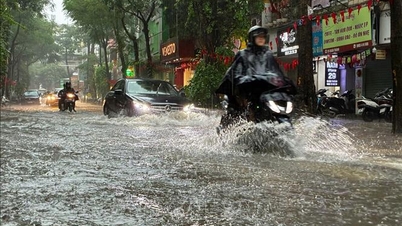




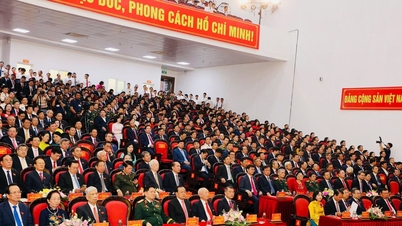

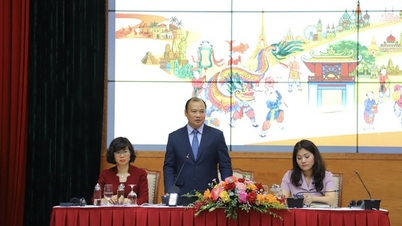



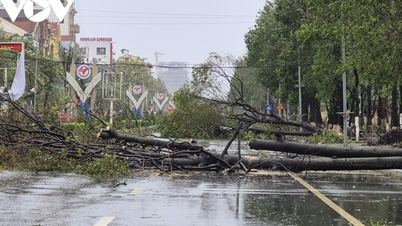

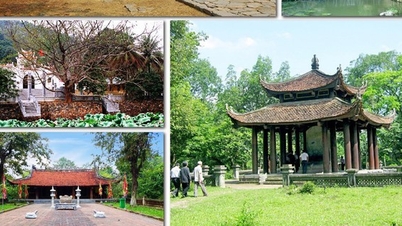






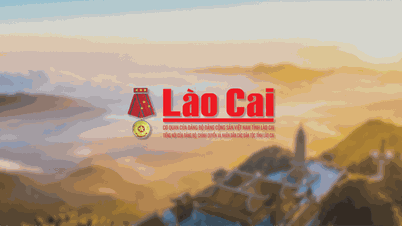
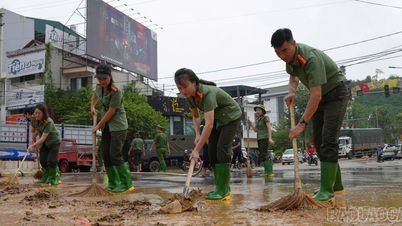















Comment (0)